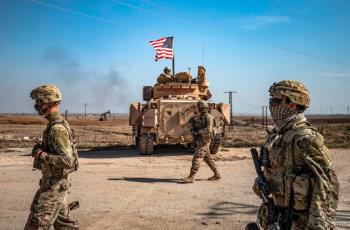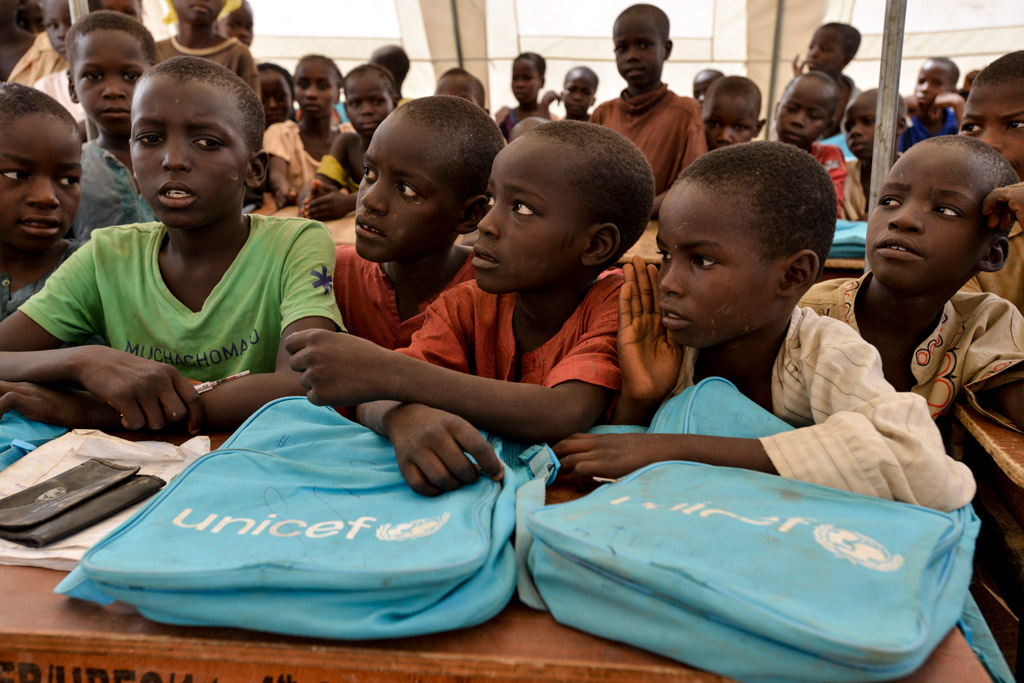Alwaght- A new report released by the United Nations Children’s Fund (UNICEF) reveals that at least 800,000 children have been forced to flee their homes as a result of the conflict in northeast Nigeria between Boko Haram, military forces and civilian self-defense groups.
According to UN report released on 13 April 2015 the number of children running for their lives within Nigeria, or crossing over the border to Chad, Niger and Cameroon, has more than doubled in just less than a year.
“The abduction of more than 200 girls in Chibok is only one of endless tragedies being replicated on an epic scale across Nigeria and the region,” says Manuel Fontaine, UNICEF Regional Director for West and Central Africa. “Scores of girls and boys have gone missing in Nigeria – abducted, recruited by armed groups, attacked, used as weapons, or forced to flee violence. They have the right to get their childhoods back.”
TAs well as being killed, maimed and displaced, children are being used within the ranks of Boko Haram – as combatants, cooks, porters and look-outs, UN report reads.
Report also describes women's disastrous condition. "Young women and girls are being subjected to forced marriage, forced labour and rape, while students and teachers are being deliberately targeted. More than 300 schools were damaged or destroyed and at least 196 teachers and 314 schoolchildren killed by the end of 2014"
To many, the lack of Washington's strive to aid the people of Nigeria – the biggest African economy – seems to follow simple geostrategic logic: no oil, no security support. While diverting funds to fight the ISIS terrorist group in Iraq, America seems unwilling to address Boko Haram insurgents in Nigeria.
As America is trying to master shale gas exploitation; it has moved away from some of its traditional trade partners, with Nigeria – an OPEC-member state – becoming the first country to stop selling oil to America, statistics from America's Department of Energy reveal. Nigeria was one of the top five suppliers to America at the height of trade, less than a decade ago supplying it with 1.3 million barrels of oil every day.



























